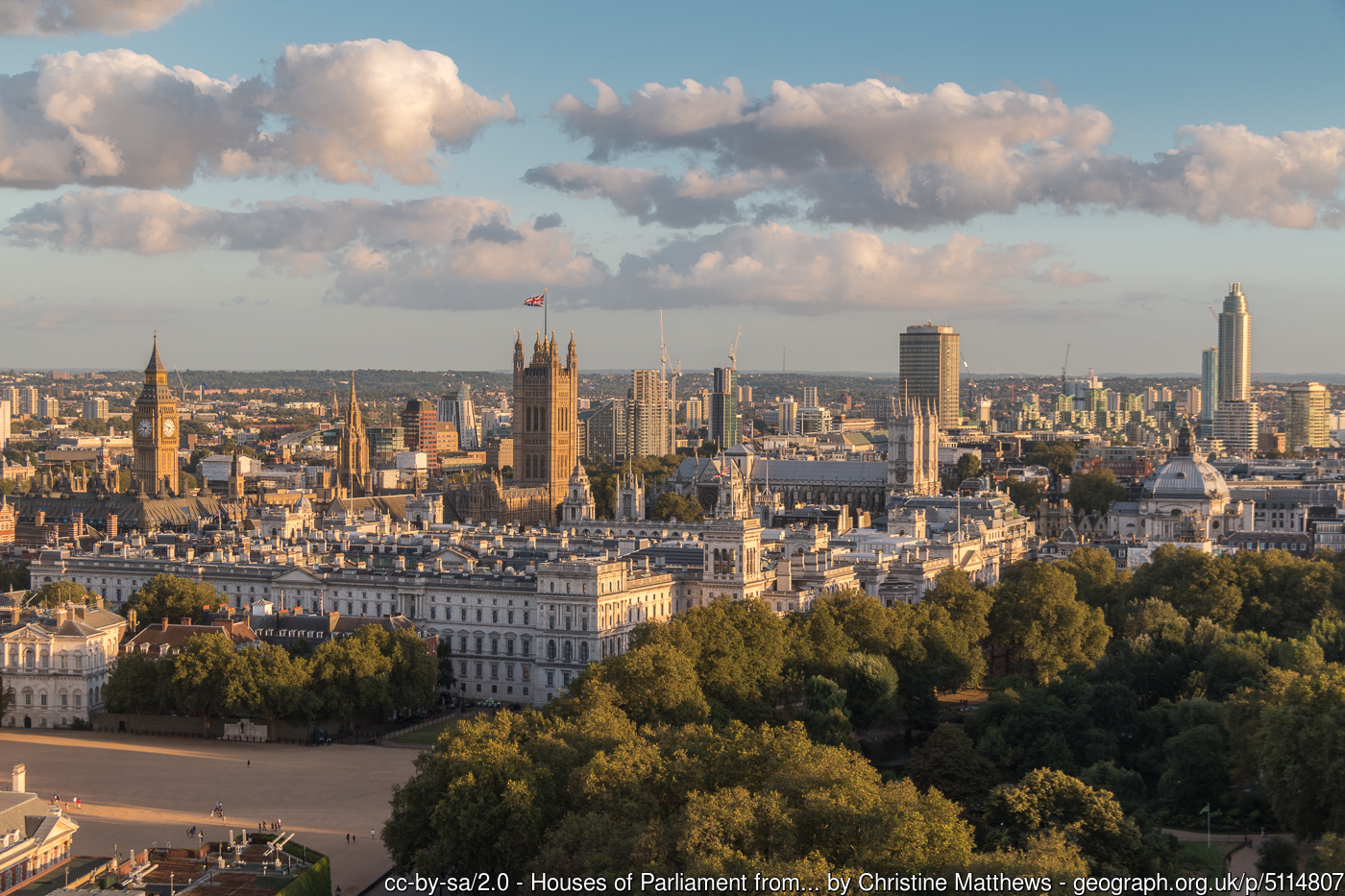After a two-year long debate in Parliament, New Zealand is pushing toward legalizing euthanasia and has agreed to put it to a national vote. Although there are other countries where forms of euthanasia and assisted suicide are allowed, New Zealand will become the first country in the world to hold a referendum on the issue.
Euthanasia is most commonly defined as the act of intentionally ending someone’s life in order to relieve their suffering. It can be divided into either active or passive euthanasia. Active euthanasia is when an individual’s death is deliberately and knowingly instigated by another person, whereas passive euthanasia is when death is brought on by omission, such as by withdrawing or withholding treatment from a patient. Euthanasia can also be divided into voluntary and involuntary, in the case of whether the individual has agreed to it or not.
Although euthanasia, assisted dying, and assisted suicide are sometimes used interchangeably in public discourse, the terms have clear distinct meanings. Assisted dying is similar to euthanasia but is only applicable for individuals that have a terminal illness; whereas assisted suicide is when people who are not dying receive assistance in taking their own lives.
Euthanasia is a contentious issue and whether it can be referred to as a kind or cruel act is a frequent topic of debate. Although euthanasia is sometimes called mercy killing, many disagree with this term and claim that euthanasia is another method of murder. Some people argue that the mental health of the patient has to be taken into account, and others have argued that euthanasia goes against the Hippocratic Oath that medical professionals take when they start practicing.
However, there are many cases in which euthanasia can be advantageous, as certain illnesses and diseases have symptoms that cause the deterioration of a patient’s quality of life, causing significant suffering. One such case is of a man named Noel Conway, who was diagnosed with a motor neuron disease and is completely paralyzed from the neck down except for the use of his right hand. He fought a legal battle against the UK Supreme Court in 2018 to be allowed the choice to die with the assistance of a physician when he had less than six months left to live; but the judges rejected his appeal.
Conversely, there are concerns spurred on by cases where the legalization of euthanasia has been abused, allowing it to be applied too broadly and become a ‘slippery slope’. For instance, the Dutch Termination of Life on Request and Assisted Suicide (Review Procedures) Act of 2002, require the patient to be experiencing unbearable suffering, have no prospect for improvement, along with a voluntary and sustained wish to die. In 2017 and 2018, there were three cases reported in the Netherlands involving women with psychiatric illnesses, whose deaths were being investigated due to potential breaches of these conditions.
The New Zealand legislation that addresses euthanasia is to be put to a vote in the next year in conjunction with the country’s upcoming general election. If the vote in New Zealand passes, it will allow terminally ill people with less than six months to live the choice of assisted dying, as long as it is approved by two doctors. Countries including the Netherlands, Switzerland, Belgium, Canada, as well as several states in the US, have legalized euthanasia; although the exact circumstances under which it is permitted differ. Recent polling suggests that a majority of New Zealanders support some form of euthanasia, but opposition does exist.
If New Zealand’s referendum is successful, it may catalyse other countries to similar action, taking the legalization of euthanasia to a national vote. Although the outcome of a referendum on a topic as controversial as euthanasia can lead to a ‘tyranny of the majority’, it is a given that it is an issue that potentially concerns all citizens of New Zealand; therefore, a referendum vote remains.
Image: via Christine Matthews from www.geograph.org

